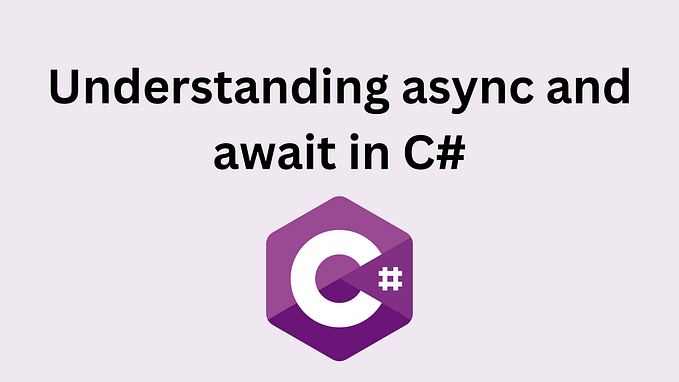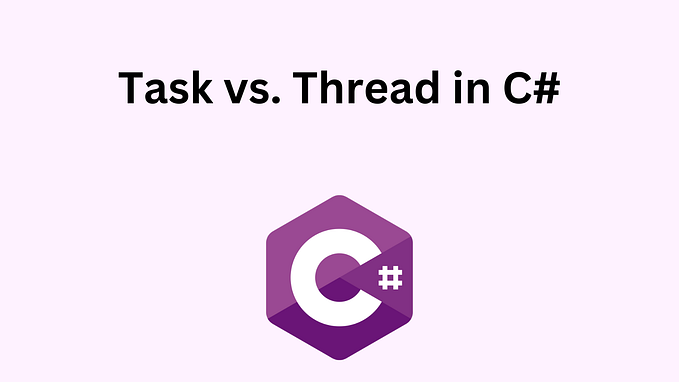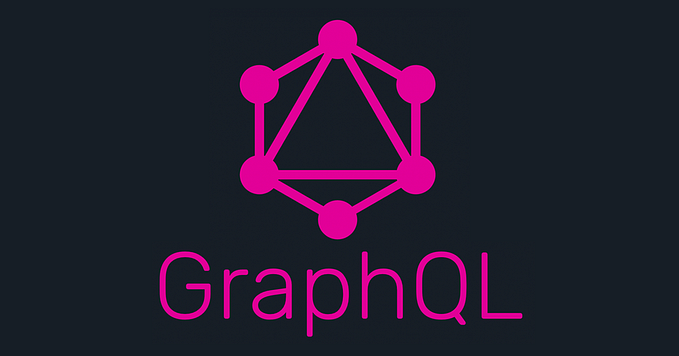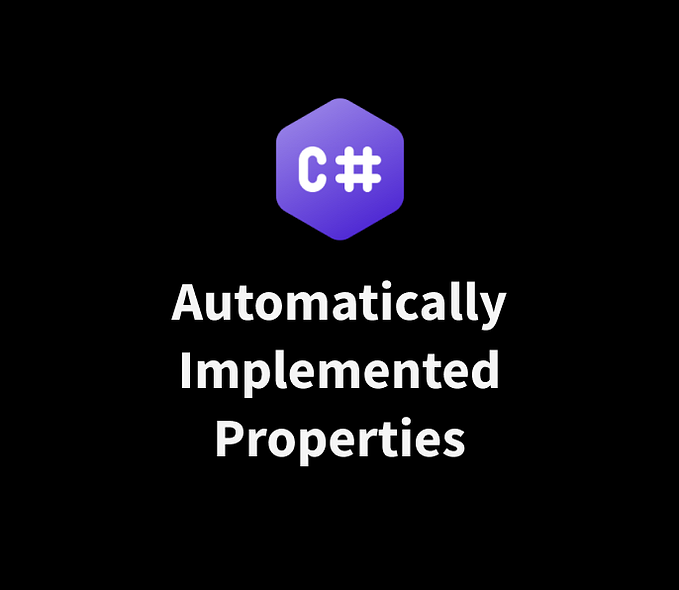Member-only story
How to Avoid Memory Leaks in C#
Preventing Memory Leaks in C#: Best Practices for Efficient Applications
Hi Devs, Memory leaks occur when an application fails to release unused memory, which can lead to performance degradation, crashes, or excessive memory usage. In C#, the .NET runtime automatically uses garbage collection (GC) to manage memory. However, relying solely on the GC is not foolproof. Developers must understand and avoid patterns that cause memory leaks, even in managed environments like C#. In this article, We will discuss what causes memory leaks in C# and provide best practices to avoid them.
Understanding Memory Leaks in C#
A memory leak in C# often occurs when references to objects are unintentionally retained, preventing the GC from reclaiming the memory. The main causes include:
- Event Handlers
Event handlers are a common source of memory leaks in C#. If you attach an event handler to an event and do not explicitly detach it when the object is no longer needed, the object may remain in memory. - Static References
Objects referenced by static fields remain in memory for the lifetime of the application. Improper management of static references can lead to memory leaks. - Unmanaged Resources
While .NET handles…









